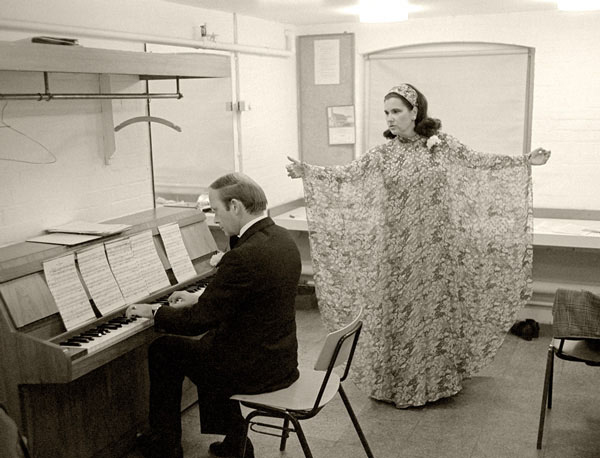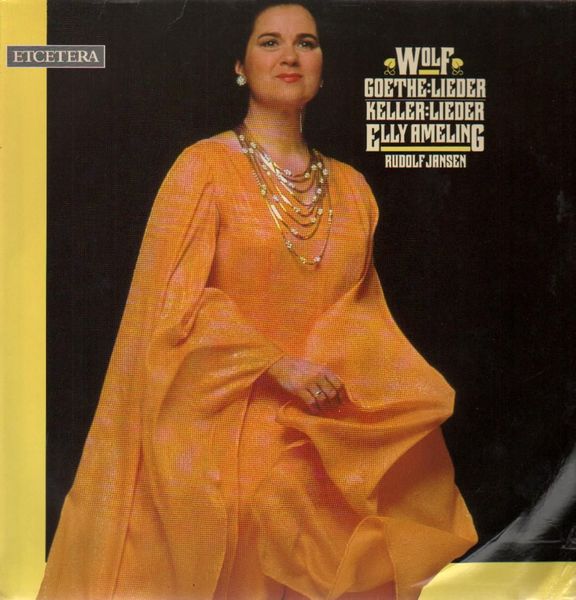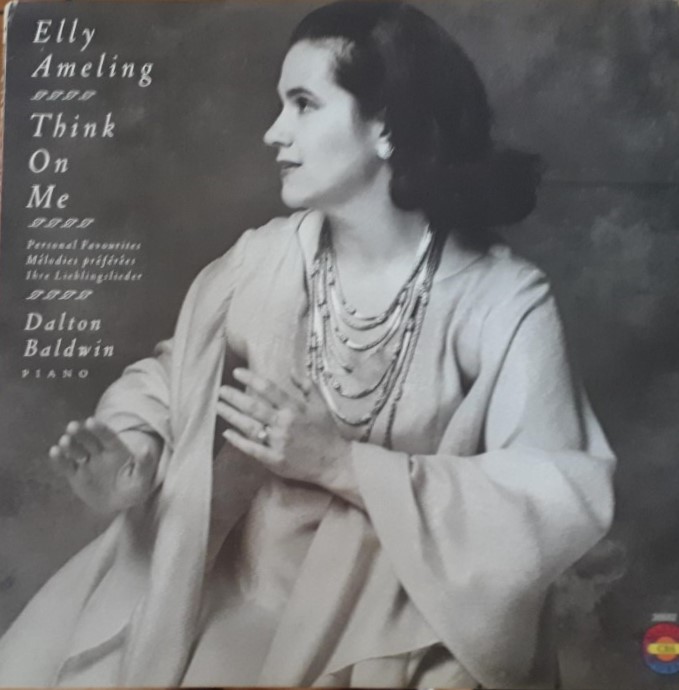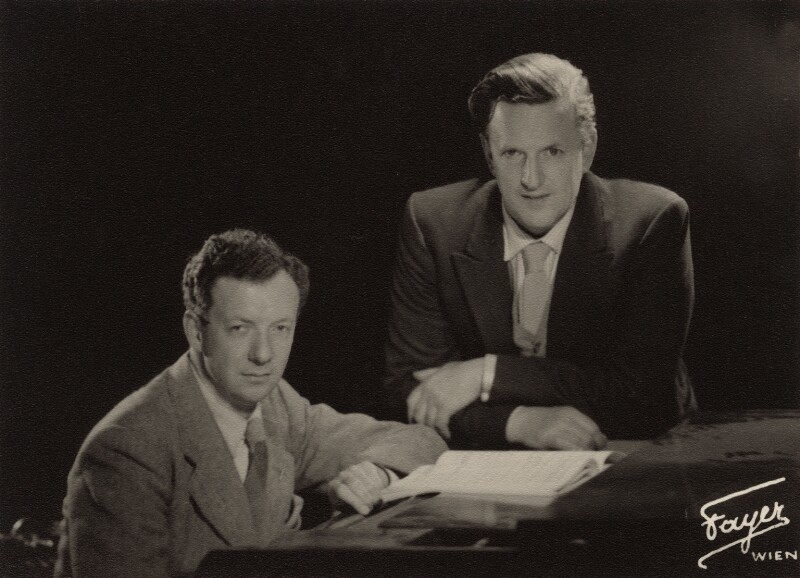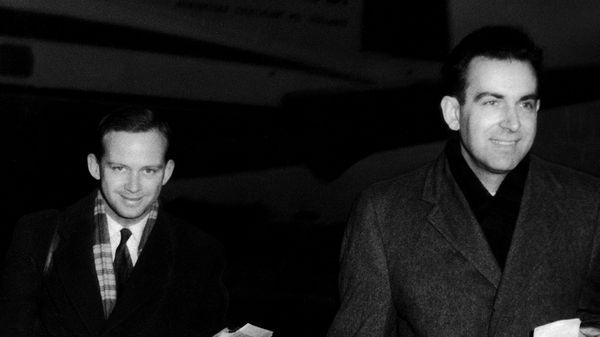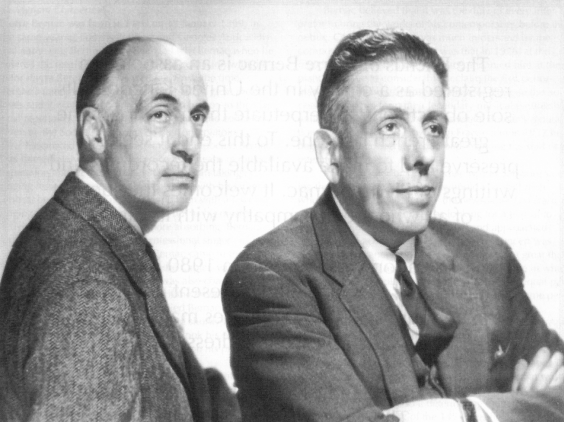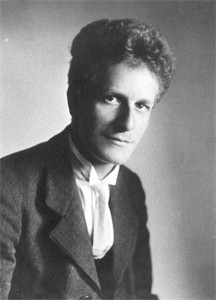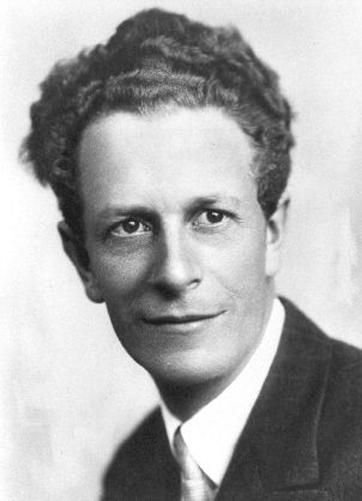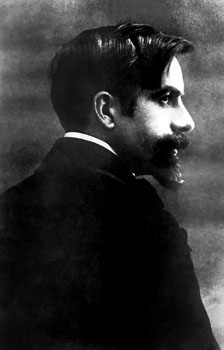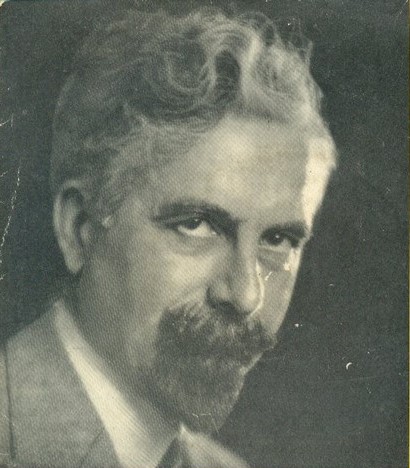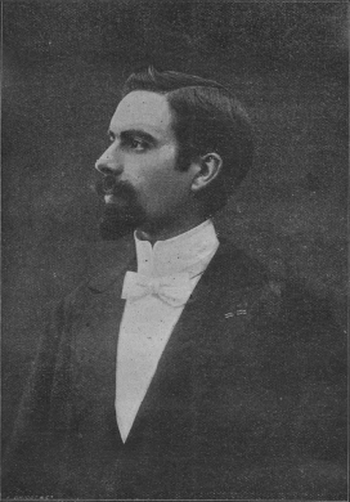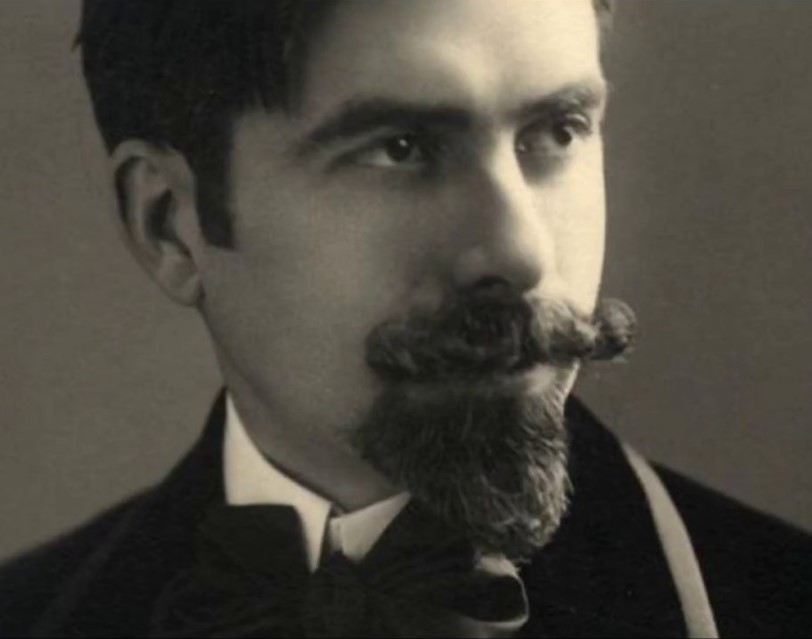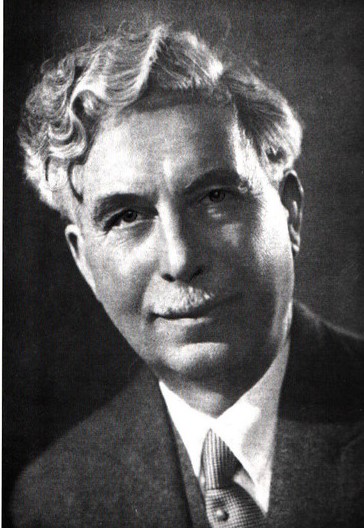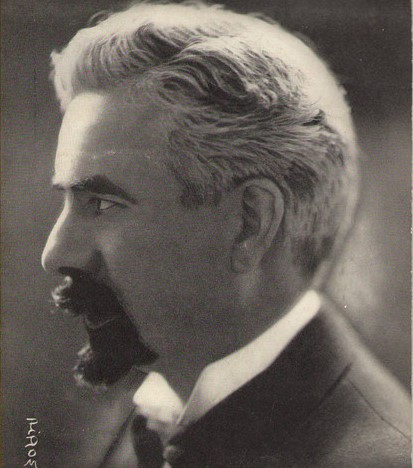Episode 16. Elly Ameling and Dalton Baldwin: Souvenirs (Needle Drop II)
SOCIAL SHARE
SUBSCRIPTION PLATFORM
We begin 2020 with a new series of episodes. For the next eight weeks, I will present selections dubbed exclusively from LPs, few if any of which have ever been re-released on CD and which remain barely available on any listening platform for today’s audience. Today’s entry in the Needle Drop series is the marvelously engaging and entertaining 1979 Columbia Masterworks release Souvenirs (M 35119), which features the Dutch soprano Elly Ameling, renowned for her peerless work as an art song recitalist, and the late American pianist Dalton Baldwin (19 December 1931 – 12 December 2019), whose life and legacy we particularly celebrate today. This episode also serves as an early birthday tribute to Elly Ameling, who turns 87 on 8 February 2020.
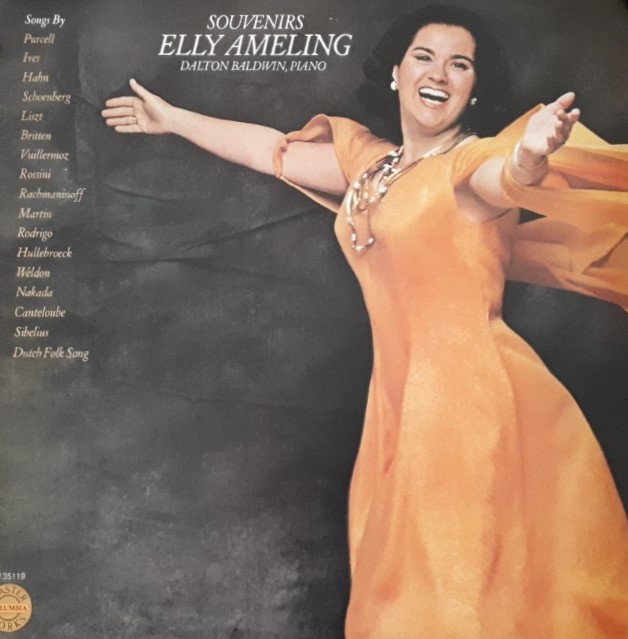
N.B. During her career, Elly Ameling was noted for her extreme thrift. I saw her appear at least twice in concert or recital wearing this exact same gown (along with the exact same necklace); the same ensemble is featured on at least three of her album covers (see below)! The eternal question of Who Looks Good In Orange remains unanswered. That said, I think the B&W Think On Me cover is perhaps my favorite of her album covers.
Incidentally, though she rarely gave interviews, engaging interviews with the soprano can be found on the Opera News website (originally published in July 2012) and on Bruce Duffie’s invaluable and encyclopedic website (this interview took place in 1982).
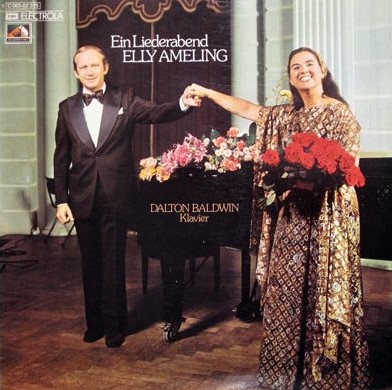
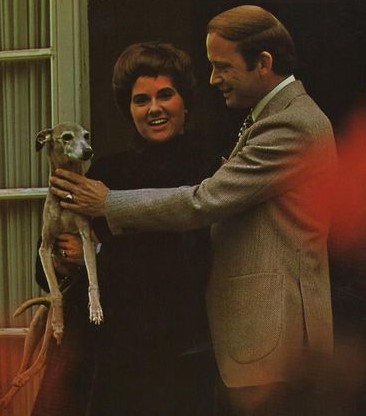
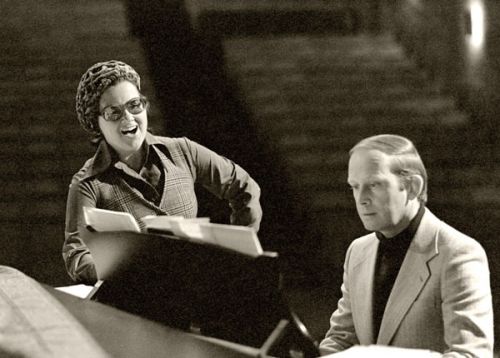
RECORDINGS HEARD IN THIS EPISODE
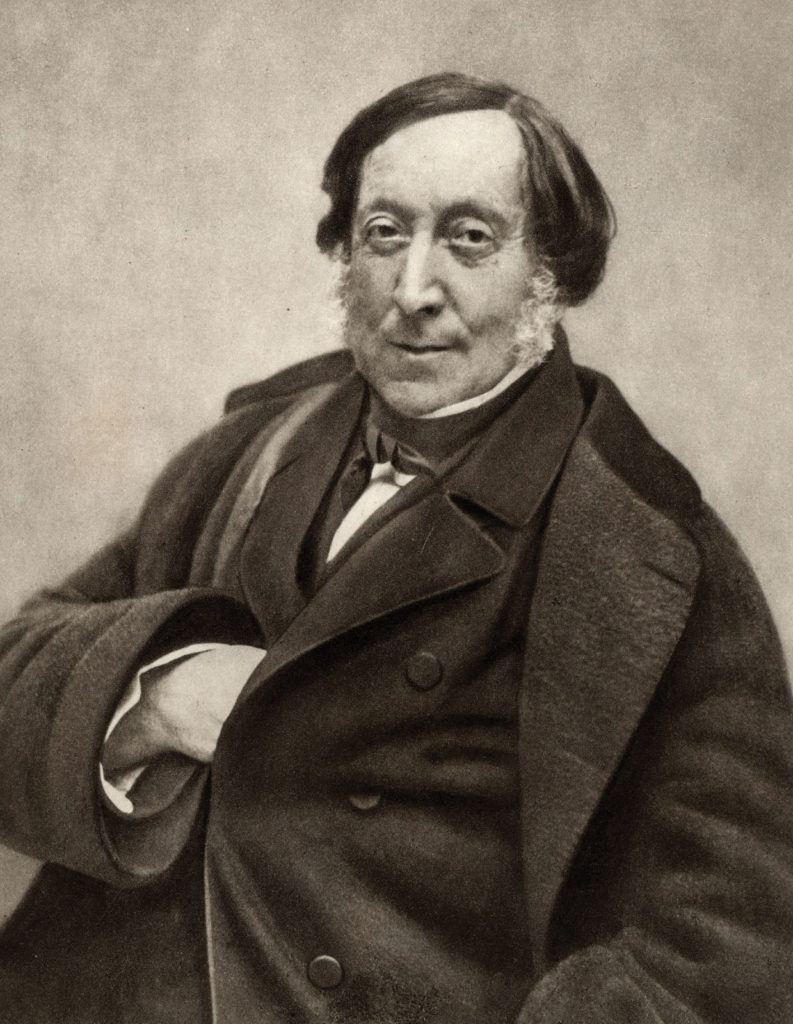
Gioacchino Rossini (1792-1868): La Danza (from Les soirées musicales)
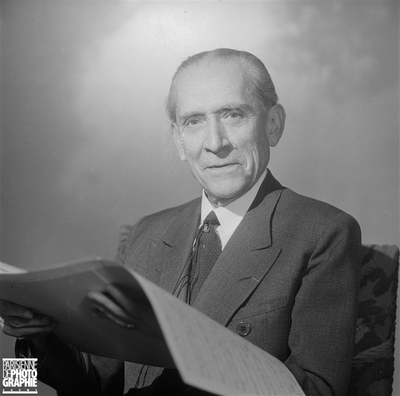
Joseph Canteloube (1879-1957): Brezairola (from Chants d’auvergne, Third Series)
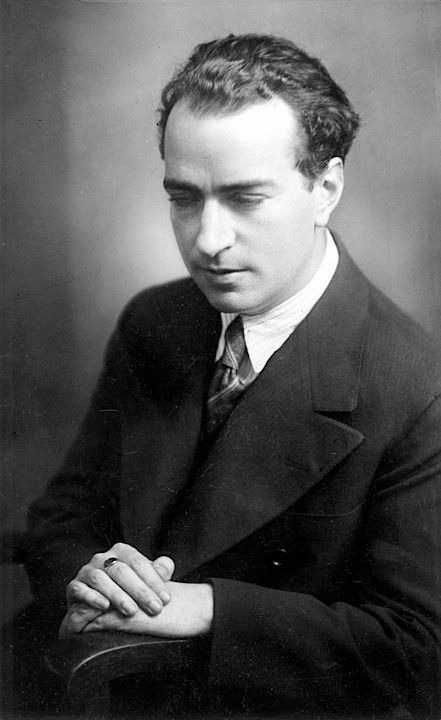
Joaquín Rodrigo (1902-1999): De los álamos vengo, madre (from Cuatro madrigales amatorios)
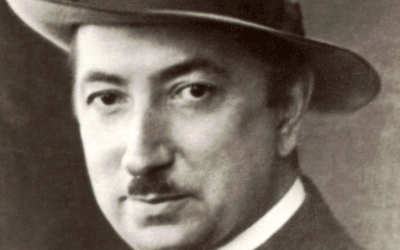
see essay below!
Jean Vuillermoz (1906-1940): Jardin d’amour (from Chansons populaires françaises et canadiennes). I could find no photos of the tragically short-lived composer Vuillermoz, but I did find this short essay on a website about the Prix de Rome, in which Vuillermoz was awarded the second prize in 1932:
Il est des fatalités tragiques qui transforment l’homme en héros et le font se rapprocher des destinées des divinités antiques. La guerre est une de ces circonstances qui le dévoile dans toute sa réalité et le met à nu, seul face à lui-même : on y croise aussi bien le fourbe que le demi-dieu … Parmi ces êtres au destin magnifique, tel Jehan Alain ou Jean-Claude Touche en ce qui concerne le monde des musiciens, se tient également Jean Vuillermoz : en 1940, à quelques heures à peine de la signature de l’armistice franco-allemande, il est tué alors qu’il effectue une patrouille dans les rues de Lobsann, une petite bourgade alsacienne peuplée de quelques âmes seulement ; il n’avait pas encore atteint sa trente-troisième année. Sa courte vie ne lui a pas laissé le temps de marquer de son sceau l’histoire de la musique, même s’il est certain qu’un brillant avenir se faisait jour au fil des années.
Son père Louis-Edouard Vuillermoz est né le 13 février 1869 à Quingey, non loin de Besançon (Doubs). Doué pour la musique, il entra bientôt au Conservatoire de musique et de déclamation de Paris, où il suivit la classe de cor de Jean Mohr et obtint un 1er Prix en 1889. Sociétaire des Concerts du Conservatoire à partir de juin 1894, il fera une carrière de corniste solo aux Concerts du Châtelet et à l’Orchestre de l’Opéra, et enseignera au CNSM. Mort en 1939, il s’était installé en 1904 pour plusieurs années avec sa famille à Monte Carlo. A cette époque Raoul Gunsbourg assurait la direction du Casino, et l’orchestre était conduit par Léon Jehin. C’est là que naît le 29 décembre 1906 Jean Vuillermoz. Le lendemain Léon Jehin donne en première audition Après l’Eté pour cordes de Florent Schmitt et la Fête Napolitaine d’Alexandre Pomé. Revenu à Paris en 1925, Jean Vuillermoz ne tarde pas à intégrer le CNSM où l’avait précédé son père quarante ans auparavant ! Elève de composition d’Henri Büsser, et d’Henri Rabaud, qui assure également la direction de cet établissement depuis 1920, il se présente pour la première fois au Concours de Rome en 1930, mais échoue. Deux années plus tard, il tente à nouveau cette épreuve ; le sujet imposé de la cantate Le Pardon lui permet d’être récompensé par un deuxième Second Prix. Il essaye bien une dernière fois en 1933 de décrocher le Grand Prix, mais cette tentative s’avère vaine…
Sa passion pour le chant le fait nommer second chef des Fêtes du Peuple organisées en 1935. C’est lui qui fonde en 1938 la Chorale Universitaire, mais il doit vite en abandonner la direction l’année suivante pour assurer la défense de son pays en guerre. Il meurt au champ d’honneur le 21 juin 1940, tué par l’ennemi, laissant une veuve, Madeleine Corbin, qui enseignera plus tard le solfège (chant) au CNSM (1947).
Jean Vuillermoz n’a guère eu le temps de produire une œuvre marquante, cependant les quelques compositions qu’il a laissées démontrent une écriture habile et une imagination fertile : un Triptyque pour orchestre, donné à Paris en mai 1932, un Concerto pour cor et orchestre, créé également à Paris le 11 mars 1934, un ballet intitulé Veglione (1937), un autre Concerto pour violoncelle, des Trio avec piano ou à cordes, une Promenade zoologique pour orchestre de chambre…
Frère de Louis Vuillermoz, corniste à l’Opéra-Comique, Jean Vuillermoz semble n’avoir aucun lien de parenté avec Émile Vuillermoz, le célèbre musicographe, compositeur et conférencier. Celui-ci, né à Lyon le 23 mai 1878, mort à Paris le 2 mars 1960, est en effet le fils d’un banquier de Lons-le-Saulnier (Jura).
And here is the unretouched translation via Google Translate:
[There are tragic fatalities which transform man into a hero and bring him closer to the destinies of ancient deities. War is one of those circumstances which reveals it in all its reality and puts it bare, alone in front of itself: we come across both the wicked and the demigod … Among these beings with magnificent destinies, such Jehan Alain or Jean-Claude Touche as regards the world of musicians, Jean Vuillermoz also stands: in 1940, barely a few hours before the signing of the Franco-German armistice, he is killed while carrying out a patrol the streets of Lobsann, a small Alsatian village populated by only a few souls; he had not yet reached his thirty-third year. His short life did not leave him time to mark the history of music, even if it is certain that a bright future was emerging over the years.
His father Louis-Edouard Vuillermoz was born on February 13, 1869 in Quingey, not far from Besançon (Doubs). Gifted for music, he soon entered the Conservatory of Music and Declamation in Paris, where he followed the horn class of Jean Mohr and obtained a 1st Prize in 1889. Member of the Concerts of the Conservatory from June 1894, he will make a career as a solo horn player at the Châtelet Concerts and the Opera Orchestra, and will teach at the CNSM. Died in 1939, he settled in 1904 for several years with his family in Monte Carlo. At that time Raoul Gunsbourg was in charge of the Casino, and the orchestra was led by Léon Jehin. It was there that Jean Vuillermoz was born on December 29, 1906. The next day Léon Jehin gives his first audition After the Summer for strings by Florent Schmitt and the Fête Napolitaine by Alexandre Pomé. Returning to Paris in 1925, Jean Vuillermoz soon joined the CNSM where his father had preceded him forty years earlier! A composition pupil of Henri Büsser, and of Henri Rabaud, who has also run this establishment since 1920, he appears for the first time at the Rome Competition in 1930, but fails. Two years later, he tried this test again; the imposed subject of cantata Le Pardon allowed him to be awarded a second Second Prize. He did try one last time in 1933 to win the Grand Prix, but this attempt proved in vain…
His passion for singing made him the second chief of the People’s Feasts organized in 1935. He was the one who founded the University Choir in 1938, but he quickly had to give up the direction the following year to ensure the defense of his country by war. He died on the field of honor on June 21, 1940, killed by the enemy, leaving a widow, Madeleine Corbin, who would later teach music theory (singing) at the CNSM (1947).
Jean Vuillermoz hardly had time to produce a striking work, however the few compositions he left demonstrate skillful writing and a fertile imagination: a Triptych for orchestra, given in Paris in May 1932, a Concerto for horn and orchestra, also created in Paris on March 11, 1934, a ballet entitled Veglione (1937), another Concerto for cello, Trios with piano or strings, a Zoological Walk for chamber orchestra…
Brother of Louis Vuillermoz, horn player at the Opéra-Comique, Jean Vuillermoz seems to be unrelated to Émile Vuillermoz, the famous musicographer, composer and lecturer. The latter, born in Lyon on May 23, 1878, died in Paris on March 2, 1960, is in fact the son of a banker from Lons-le-Saulnier (Jura).]
More information about Vuillermoz’s compositional output is available here.
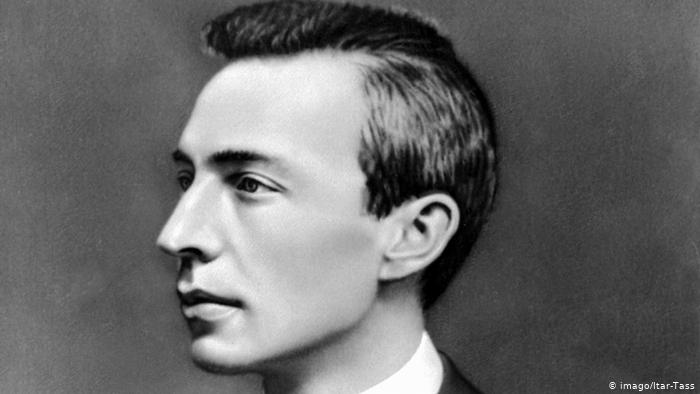
Sergei Rachmaninoff (1873-1943): Spring Waters [Весенние воды], Op. 14/11
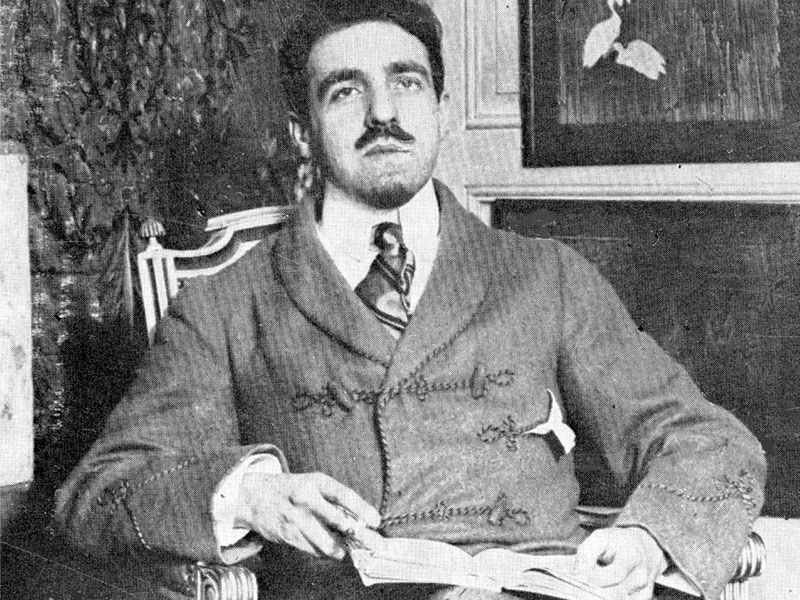
Reynaldo Hahn (1875-1947): La dernière valse
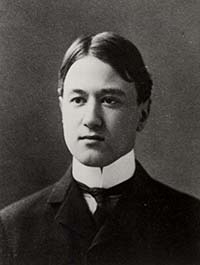
Charles Ives (1874-1954): Memories (A. Very Pleasant; B. Rather Sad)
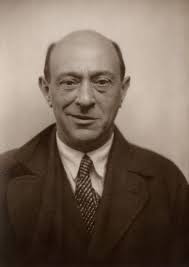
Arnold Schoenberg (1874-1951): Gigerlette (from Brettl-Lieder)
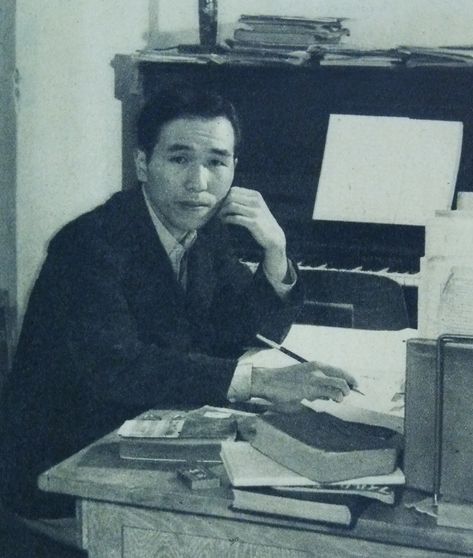
Yoshinao Nakada (1923-2000): Oyasumi na sai (from Eight Songs for Children, Op. 8)
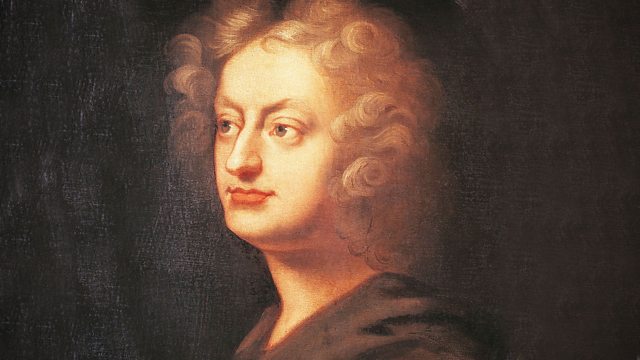
Henry Purcell (ca. 1659-1695): Music for a While (from Oedipus)
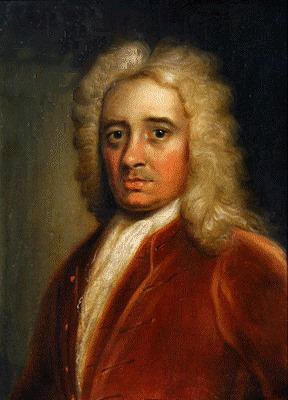
John Weldon (1676-1736): The Wakeful Nightingale
three of the greatest gay musical partnerships of the 20th Century.
Benjamin Britten (1913-1976): O Waly, Waly (from Folk Song Arrangements Volume 3: The British Isles)
Frank Martin (1890-1974): Unter den Linden (from Drey Minnelieder)
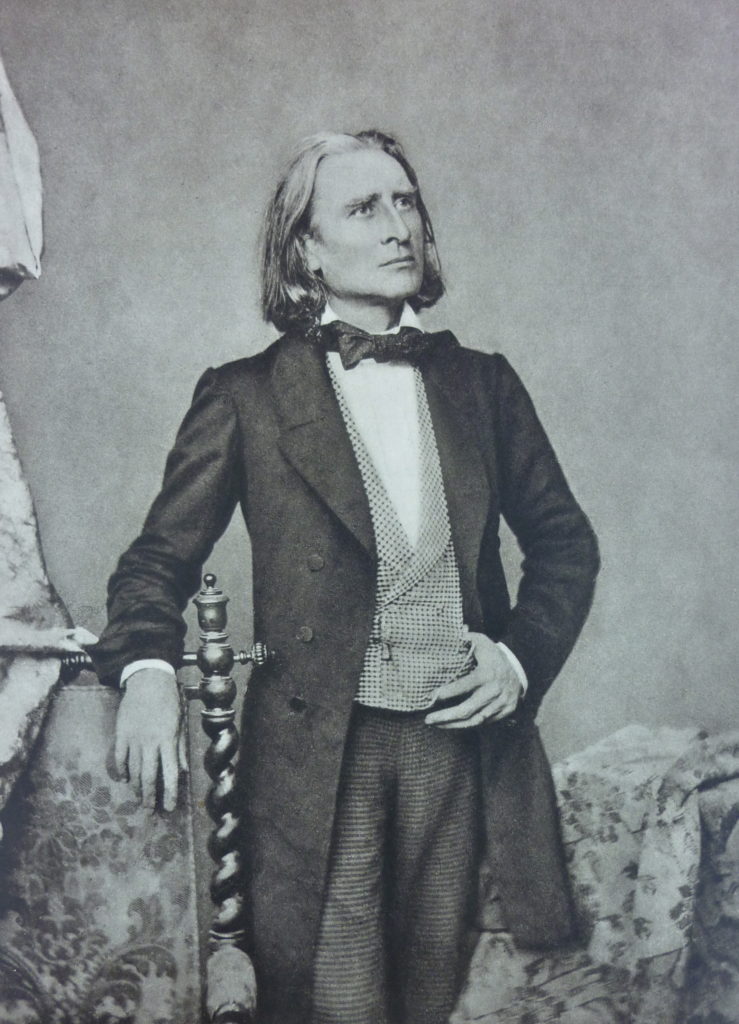
Franz Liszt (1811-1886): O Lieb, so lang du lieben kannst
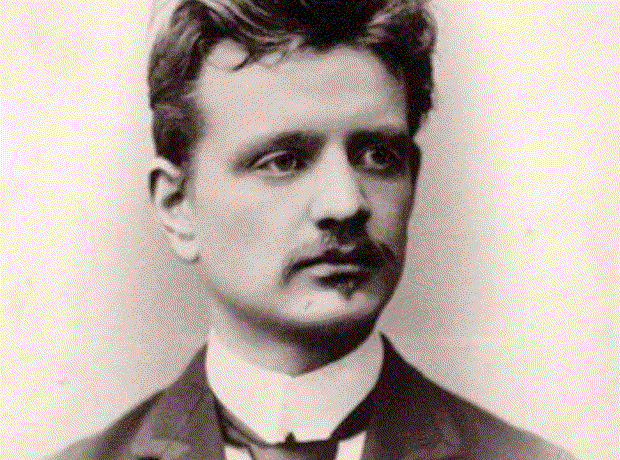
Jean Sibelius (1865-1957): Våren flyktar hastigt, Op. 13/4
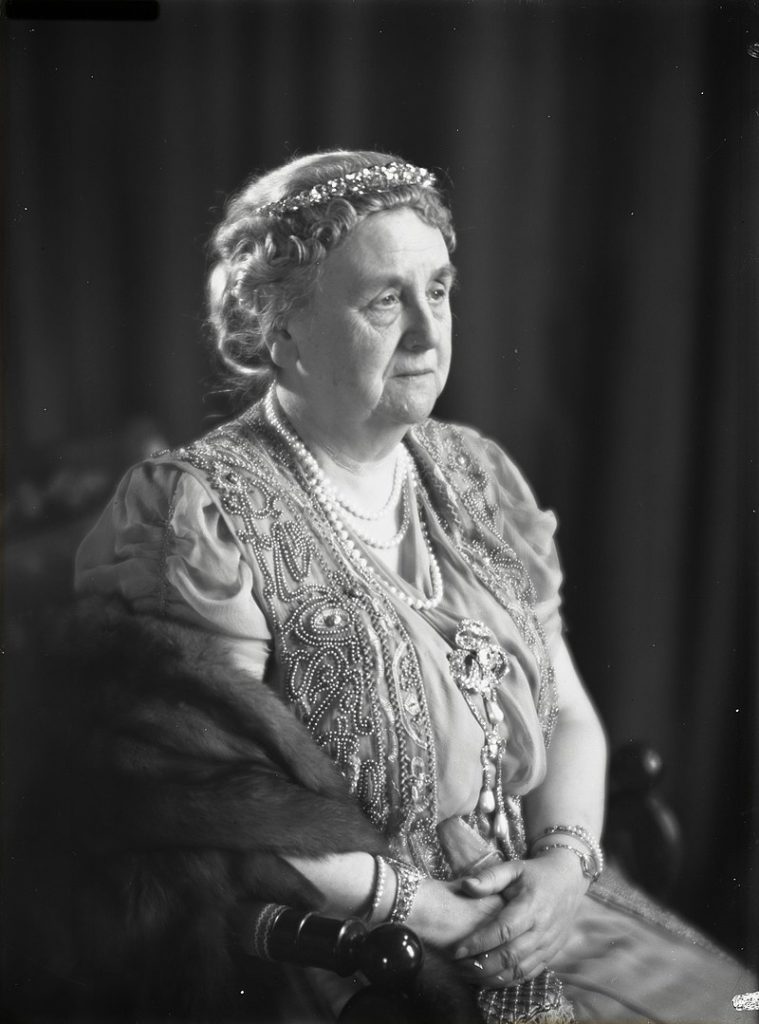
I hope she was not like the mercenary mother in the song Moeke!
Dutch Folk Song: Moeke
Emiel Hullebroeck (1878-1965): Afrikaans Wiegeliedjie
